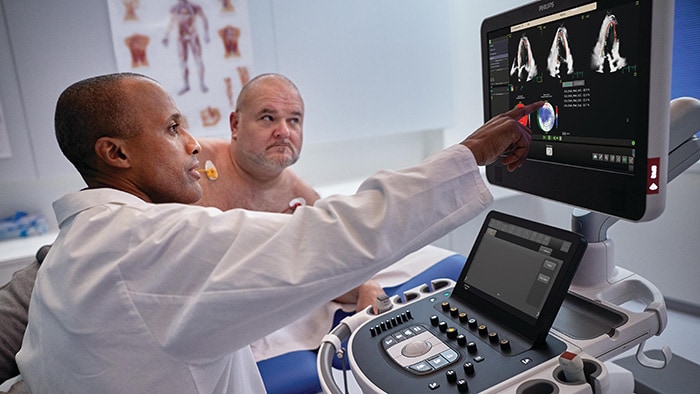TIME Magazine Future of Health Video Series: Philips’ Dr. Beatrice Murage on the latest innovation changing maternal and child health
Mar 11, 2025 | 3 minute read
In November 2023, Philips received a second round of funding from the Gates Foundation to accelerate the global adoption of Artificial Intelligence (AI) algorithms on Philips Lumify Handheld Ultrasound to expand access to quality maternal healthcare. By using AI, training time to use the ultrasound system can be reduced from weeks to just hours, significantly increasing the pool of frontline health workers who can learn to use the technology and integrate it into routine care. AI can guide frontline health workers in detecting key antenatal parameters used to identify higher-risk pregnancies and enabling them to recommend the right care pathway.
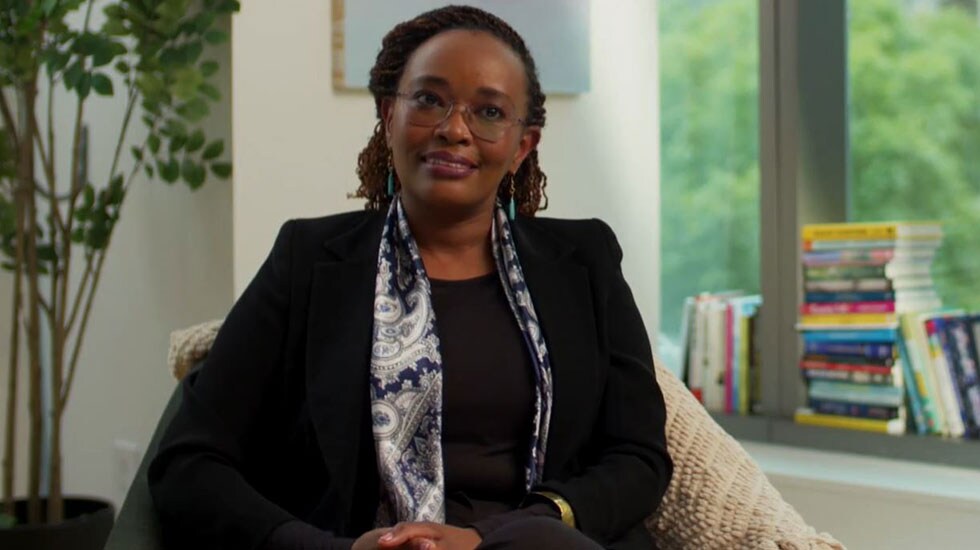
Over the past year, results from pilot testing in Kenya have shown a positive impact, with the technology helping to drive better-informed decision-making when prioritizing care for pregnant women in rural, underserved communities.
Each day, nearly 800 women worldwide die from preventable causes related to pregnancy and childbirth, with nearly 95% of all maternal deaths occurring in low- and lower-middle-income countries in 2020 [1]. Care provided by skilled health professionals before, during, and after childbirth can help save the lives of women and newborns worldwide [1].
“One life lost is one too many,” said Dr. Beatrice Murage, Global Director, Sustainability and Access to Care at Philips during a recent interview with TIME Magazine for a special series on the future of health. The video series, funded by the Gates Foundation, highlights innovators transforming maternal and child healthcare in some of the world’s most underserved areas.
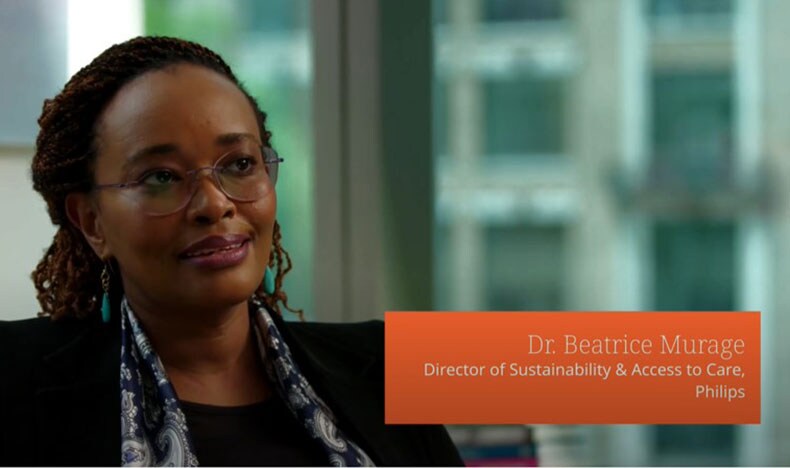
New portable AI-enabled ultrasound devices have the potential to revolutionize access to ultrasound imaging, helping to bridge the maternal healthcare gap in Kenya. Both Dr. Murage and Dr. Nidhi Leekha, a radiologist at Aga Khan University in Kenya – a critical clinical partner of Philips – are playing vital roles in expanding its reach to women everywhere.
Once available, the Philips-developed solution is designed to guide midwives and non-expert users through algorithms built into the Lumify handheld ultrasound, providing them with critical information when scanning pregnant women. The current prototype identifies key parameters, such as gestational age and amniotic fluid pocket size, which help in assessment of the pregnancy and the health of both mom and baby.
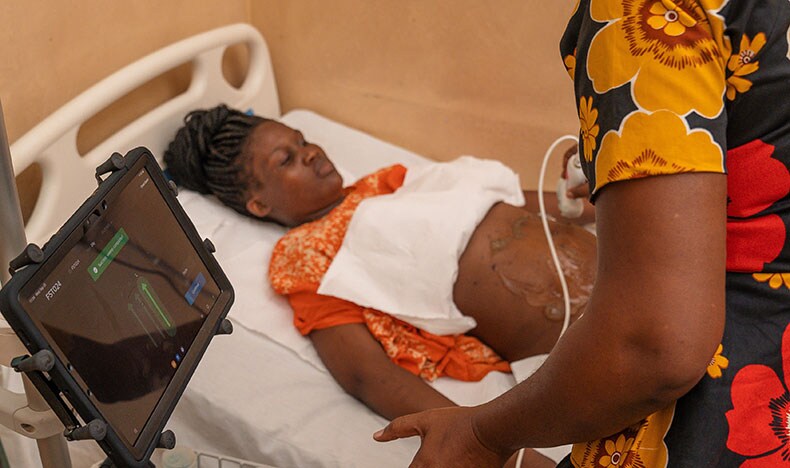
With the automated AI capabilities built into Philips Lumify ultrasound, frontline workers will be provided the information to allow them to identify higher-risk pregnancies to inform their referral decisions, helping to increase confidence and comfort of the mother in any decisions or care pathways she decides to pursue.
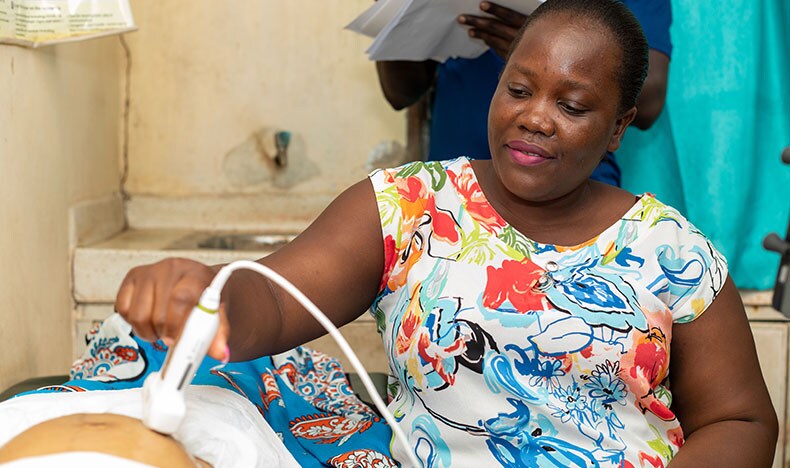
Watch the TIME video to learn more.


